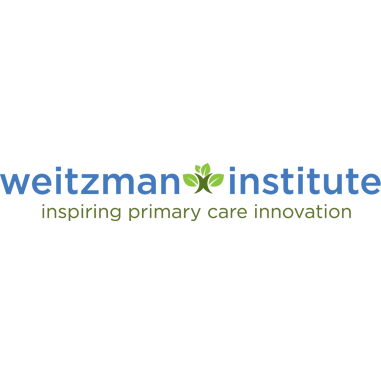A recent survey by the Centers for Disease Control and Prevention (CDC) found that 26% of high school students in the United States now identify as LGBTQ, up from 11% in 2015. With the growing number of LGBTQ youth, it is vital that school-based health centers (SBHCs) are equipped to appropriately care for them to ensure their short and long-term health and well-being. LGBTQ face higher rates of depression, suicidal attempts, bullying, and substance use, with LGBTQ youth of color experiencing even higher rates than their white peers do. Additionally, LGBTQ people face higher rates of discrimination and negative experiences when engaging with their healthcare system and when engaging with their provider. SBHCs are predominantly located in low-income and communities of color and positively impact both health and educational outcomes for those they serve. It is critical that SBHC staff and providers understand the lived experiences of their patients, and ensure a welcoming and inclusive environment, in order to adequately meet the needs of their LGBTQ patients and provide high-quality and culturally appropriate care to all who enter their doors.
LGBTQ youth experience mental, social, educational, and socioeconomic issues, often at higher levels than their heterosexual peers. A literature review on the health disparities among LGBTQ youth found that they are more likely to experience depression, anxiety, and suicidal behaviors compared to heterosexual adolescents. LGBTQ youth also experience victimization via frequent bullying at school and fights. The implications of this is that they skip school, experience emotional distress, engage in high-risk sexual behaviors, engage in substance use, and are at an increased risk for suicidal ideation. Other educational outcomes due to experiencing victimization are not feeling a sense of belonging at school and lower educational aspirations. Additionally, homeless youth were more likely to be LGBTQ, and the Trevor Project found that 28% of survey respondents reported experiencing homelessness and had more than three times greater odds of experiencing food insecurity. Lastly, LGBTQ youth experience adversity accessing healthcare due to stigma and lack of training from healthcare providers on how to address their specific healthcare needs, thus they receive poor quality healthcare as a result.
SBHCs should provide a safe environment for LGBTQ students by implementing evidence-based best practices. Training providers and staff to understand the growing needs of LGBTQ adolescents. LGBTQ cultural competency training can prevent both providers and staff from bringing their own biases about sexual orientation and gender to the workplace. It will also help address the reported limited knowledge providers and staff have on LGBTQ+ issues, including understanding how to better identify risks such as depression, transmitted sexual infections, and suicidal thoughts. Staff at SBHCs with increased awareness and knowledge of specific social needs of LGBTQ students can reduce the risks related to stigma, bullying, and family rejection. With the right training, it can better support LGBTQ youth in feeling accepted, included and promoting positive encounters with the healthcare system. Lastly, a safe space at SBHCs also involves creating an inclusive office environment that includes brochures and educational materials about LGBTQ health concerns, posting a nondiscrimination statement, and displaying posters from nonprofit LGBTQ organizations. For assistance in meeting standards of practice in caring for LGBTQ patients, SBHCs can consult Community Standards of Practice for the Provision of Quality Health Care Services to LGBT Clients,” a set of recommendations created by the LGBT Health Access Project.
Given the current political climate and debate around LGBTQ youth, including bans on gender-affirming care, use of pronouns, and questions of who should participate in youth sports, it is essential that SBHCs provide a safe space for youth to access healthcare services. By creating inclusive and positive environments, SBHCs can effectively identify and address the needs of LGBTQ youth and support positive short and long-term health, educational, and social outcomes.
*If you are interested in partnering with us on the topic of LGBTQ health, please contact:
Brandon Azevedo
Senior Health Policy Analyst
Weitzman Institute
Email: [email protected]

